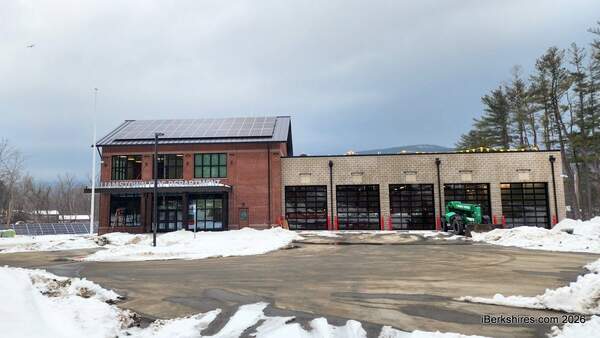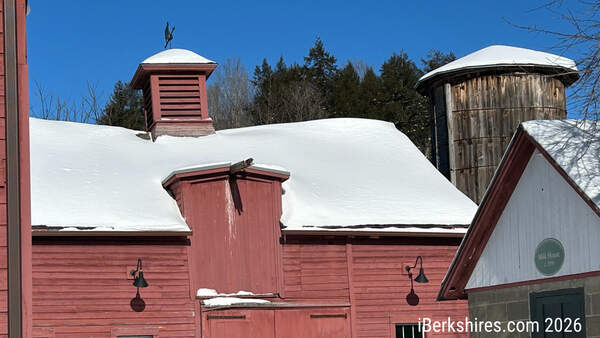Letter: Voters Should Reject Changes to RR Zone
 |
To the Editor:
Williamstown residents attending town meeting on Tuesday, May 17, would be well-advised to watch the most recent "Talks on the Hill" at Williamstown Rural Lands, now playing on WilliNet.
It is hard not to conclude that town voters should reject the Planning Board's proposed articles with respect to our Rural Residence districts. In a succinct 30-minute presentation on "Low-Density Development," Regina Fink and Annika Harrington provide viewers with a deep understanding of the complexities of rural development and housing, delivered with a clarity that has been lacking from the Planning Board itself.
With neither research nor actual planning, the board is bringing a lengthy and confusing list of changes to town meeting. In origin and conception, several proposals treat the General and Rural Residence districts as equivalent, reducing lot sizes, decreasing frontage requirements, and allowing multi-unit buildings in both, as if equity were somehow served by using the same broad brush on zones that are different for a reason.
Rural Residence lands are not on the town water and sewer, they are farther from services and goods, and they provide important ecosystem benefits, such as farm and forestland, wildlife and plant preservation, stormwater management and carbon sequestration. As the climate crisis changes the paradigms by which our society can expect to live and survive, it is disheartening to see our Planning Board present us with a shallow, outdated, and naïve plan that will only further fragment our vital rural areas, without the slightest advantage in terms of affordability and equity.
The proposals are being championed by those who are rightly concerned about the lack of affordable housing in Williamstown, but Ms. Fink and Ms. Harrington pointed to research showing that the simplistic approach proposed by our Planning Board could have exactly the opposite effect, driving up housing prices and only further limiting access to the rich.
I urge town voters not to support the Planning Board's ill-conceived proposals for the Rural Residence district. Let's demand instead that the Board come back again after having done their own actual planning, research, and creative thinking.
Anne O'Connor
Williamstown, Mass.
Tags: town meeting 2022, zoning,















